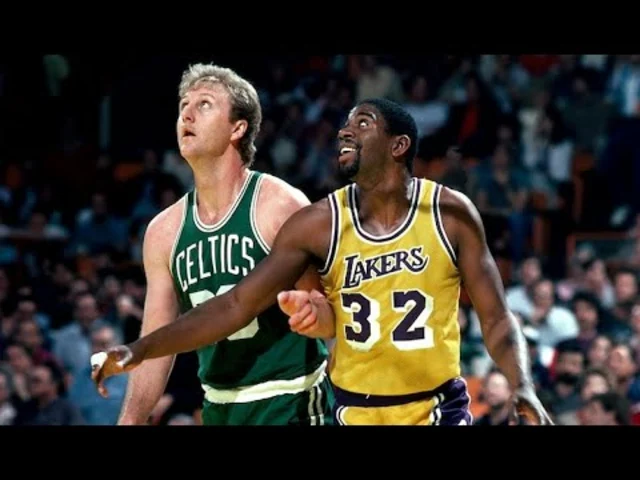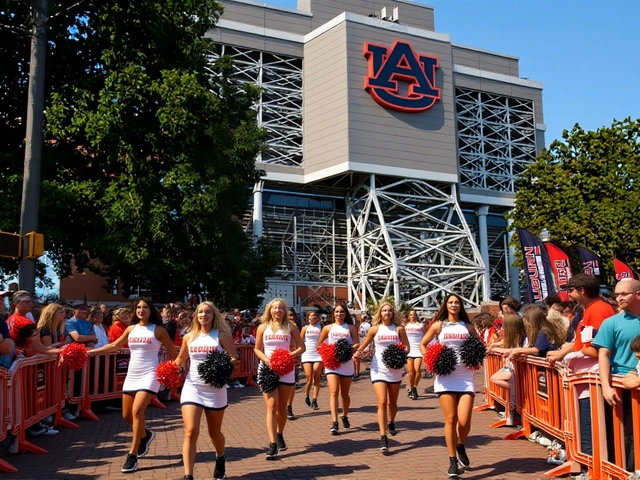Intelligence in Sports – Why Smarts Matter on the Field and in the Cage
When you think about a great fighter or a winning team, the first thing that comes to mind is often speed, power, or skill. But the hidden edge is intelligence. Knowing when to strike, how to read an opponent’s move, or which play to call can turn a good night into a legendary one. That’s why coaches, analysts, and athletes spend hours studying film, game plans, and even psychology. In short, sports intelligence is the glue that holds talent together.
Real‑World Examples of Sports Intelligence
Take Ricky Hatton’s career. He wasn’t just a hard hitter; he studied his opponents’ habits and adjusted his distance game. That tactical edge helped him claim the world title and become a British boxing icon. In the NFL, Aaron Glenn’s focus on discipline after a tough debut shows that mental sharpness matters as much as physical talent. He introduced simpler calls and an accountability board to keep the Jets from making costly mistakes.
Even in soccer, Jürgen Klopp’s farewell to Liverpool highlighted how strategic thinking builds a legacy. Klopp’s “gegenpress” system wasn’t a random idea; it was a calculated response to opponents that forced them into mistakes. His ability to read the game and adapt tactics kept Liverpool at the top for six years. These stories prove that intelligence isn’t a buzzword – it’s a game‑changing tool.
How to Build Your Own Athletic Intelligence
Want to sharpen your own sports IQ? Start by watching game footage with a purpose. Pause whenever a player makes a move that changes the play and ask yourself, “Why did they do that?” Write down patterns you see – whether it’s a quarterback’s tendency to throw short passes on third down or a striker’s favorite spot in the box.
Next, simulate decision‑making in practice. Set up drills where you have to choose the right play in a split second, then discuss the outcome with teammates. This forces you to translate what you saw on video into real‑time action.
Finally, keep a simple notebook of lessons learned after each game or workout. Jot down one thing that worked, one thing that didn’t, and one tweak for next time. Over weeks, those notes become a personal playbook that sharpens your intuition.
Remember, intelligence in sports is a habit, not a talent you’re born with. By studying opponents, practicing smart decisions, and reviewing your own performance, you give yourself a competitive edge that pure strength can’t match. So next time you step onto the mat, the field, or the court, bring your brain along for the ride – it’s the smartest player on the roster.





